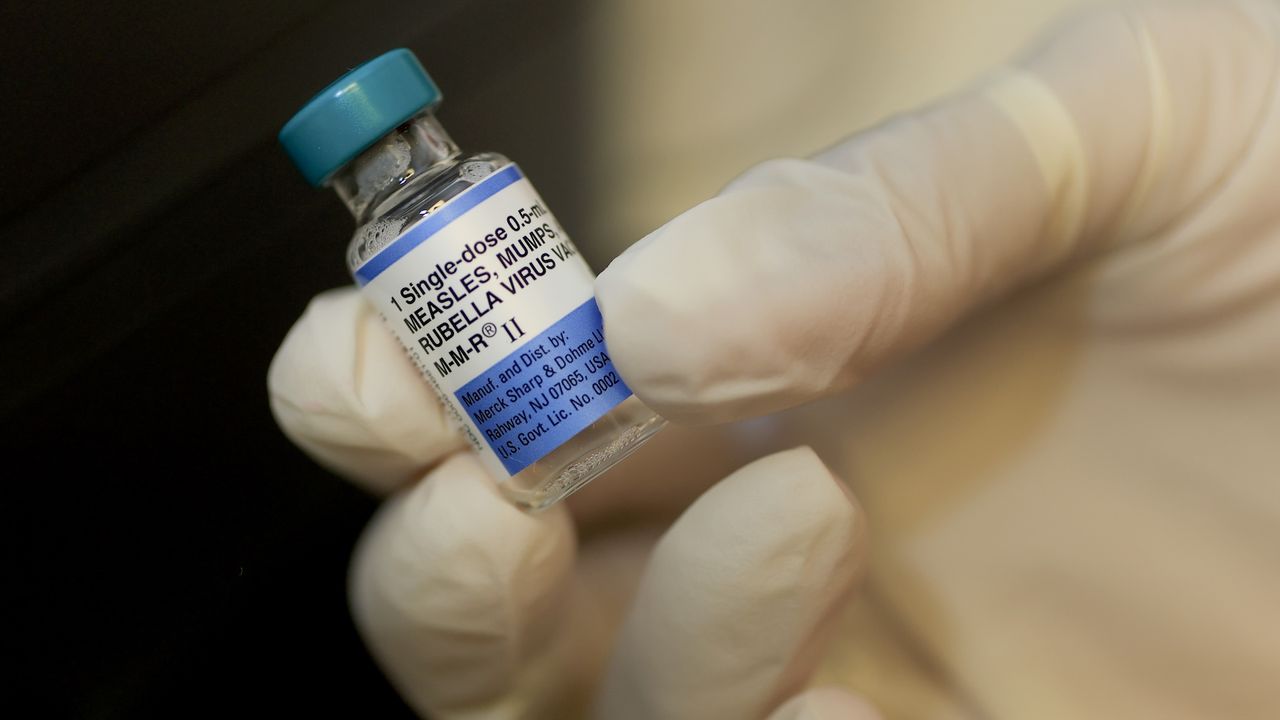New AI Tool Predicts Which of 1,000 Diseases Someone May Develop in 20 Years
PositiveScience
A groundbreaking AI tool named Delphi-2M is making waves in healthcare by analyzing individuals' medical records and lifestyle choices to predict their risk of developing over 1,000 diseases in the next two decades. This innovative approach not only empowers patients with knowledge about their health but also aids healthcare providers in tailoring preventive measures. As we move towards a more personalized healthcare system, tools like Delphi-2M could revolutionize how we approach disease prevention and management.
— Curated by the World Pulse Now AI Editorial System






